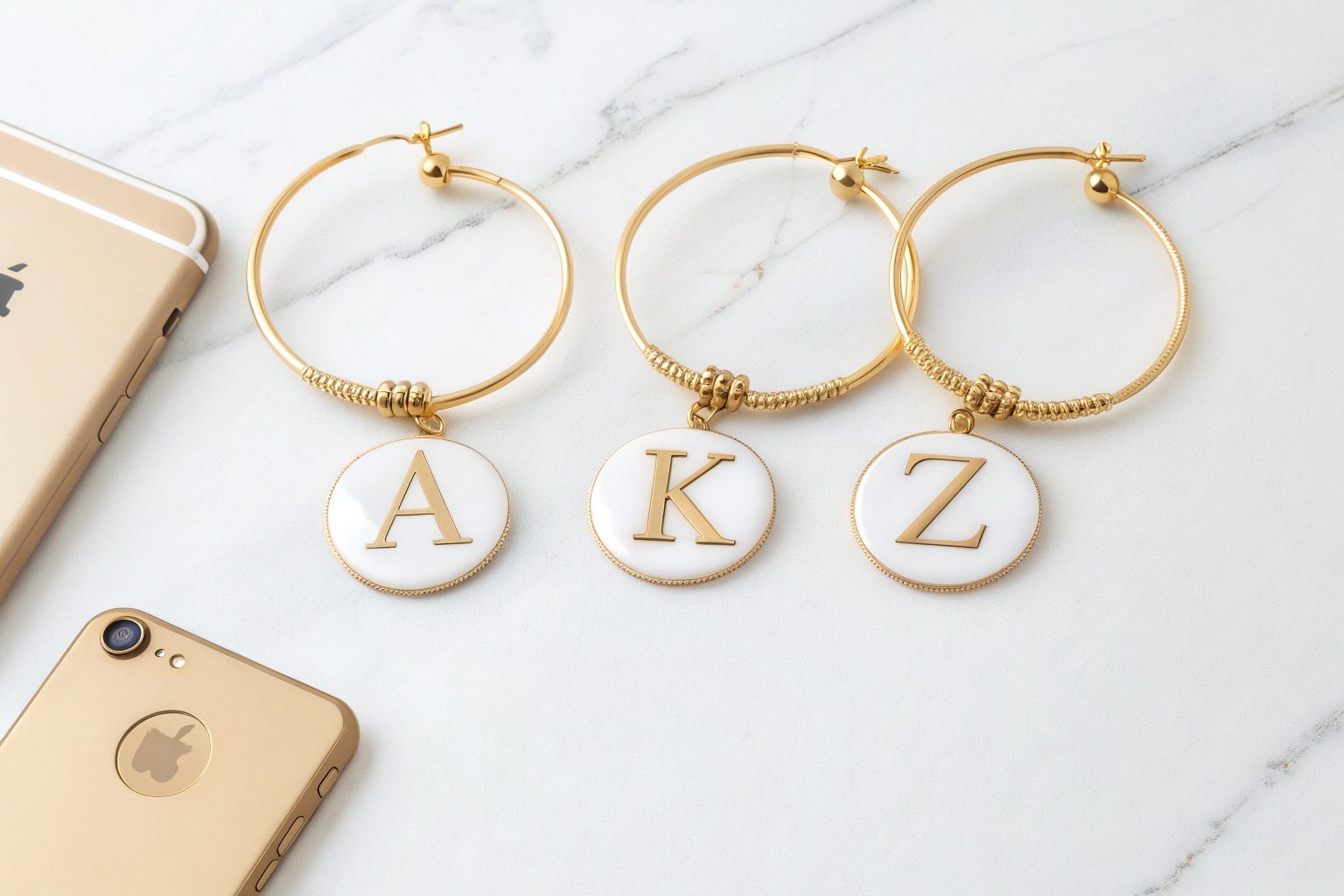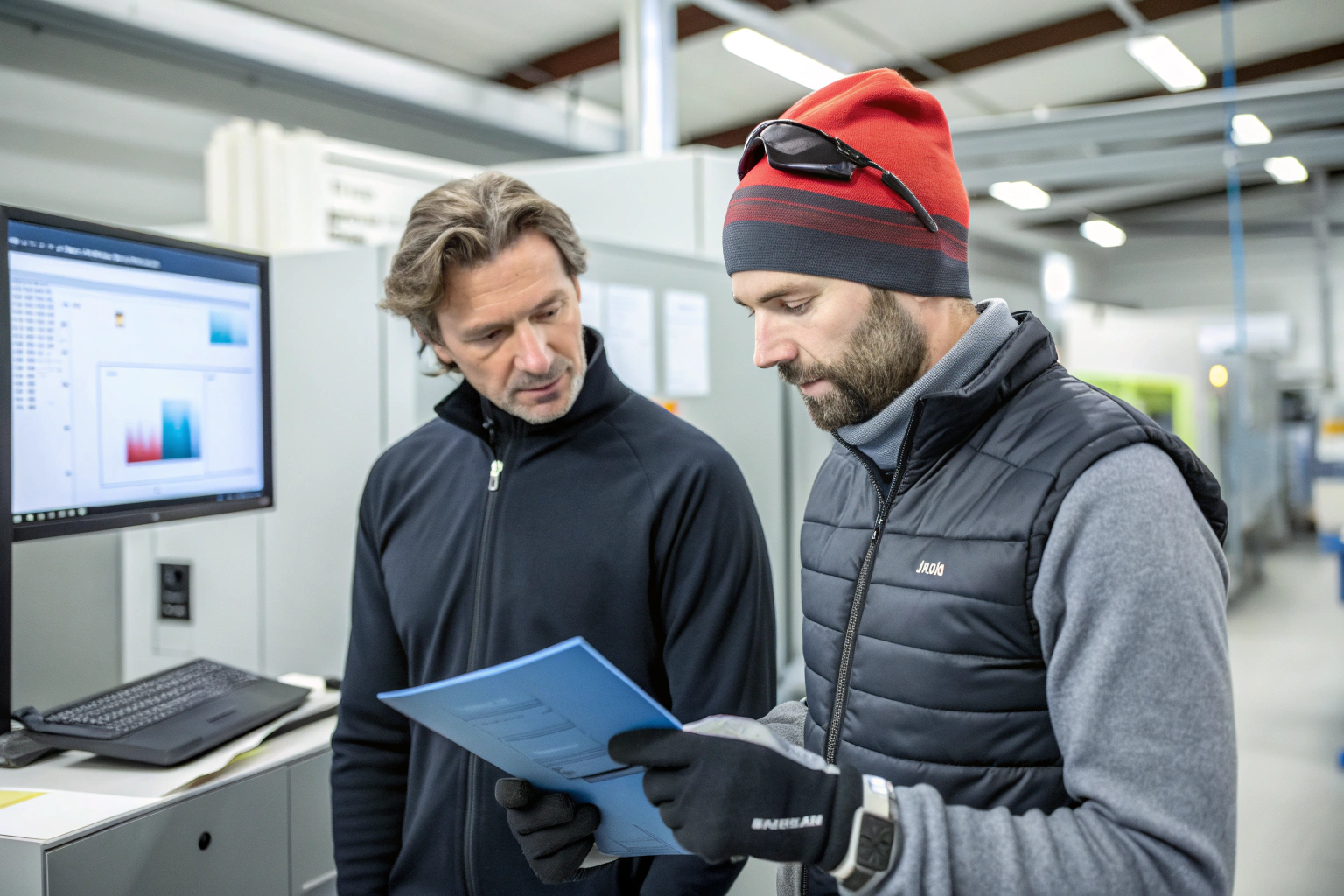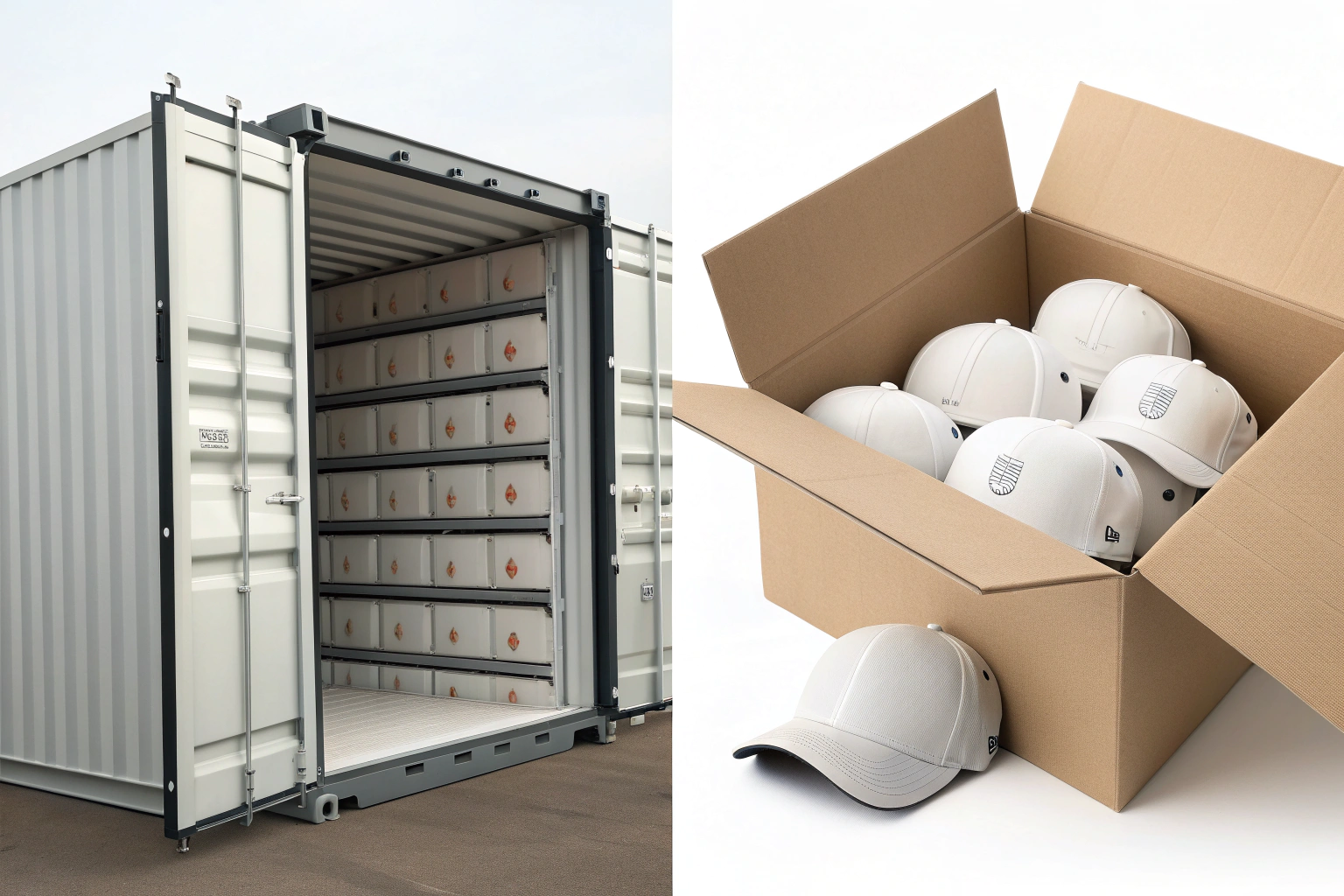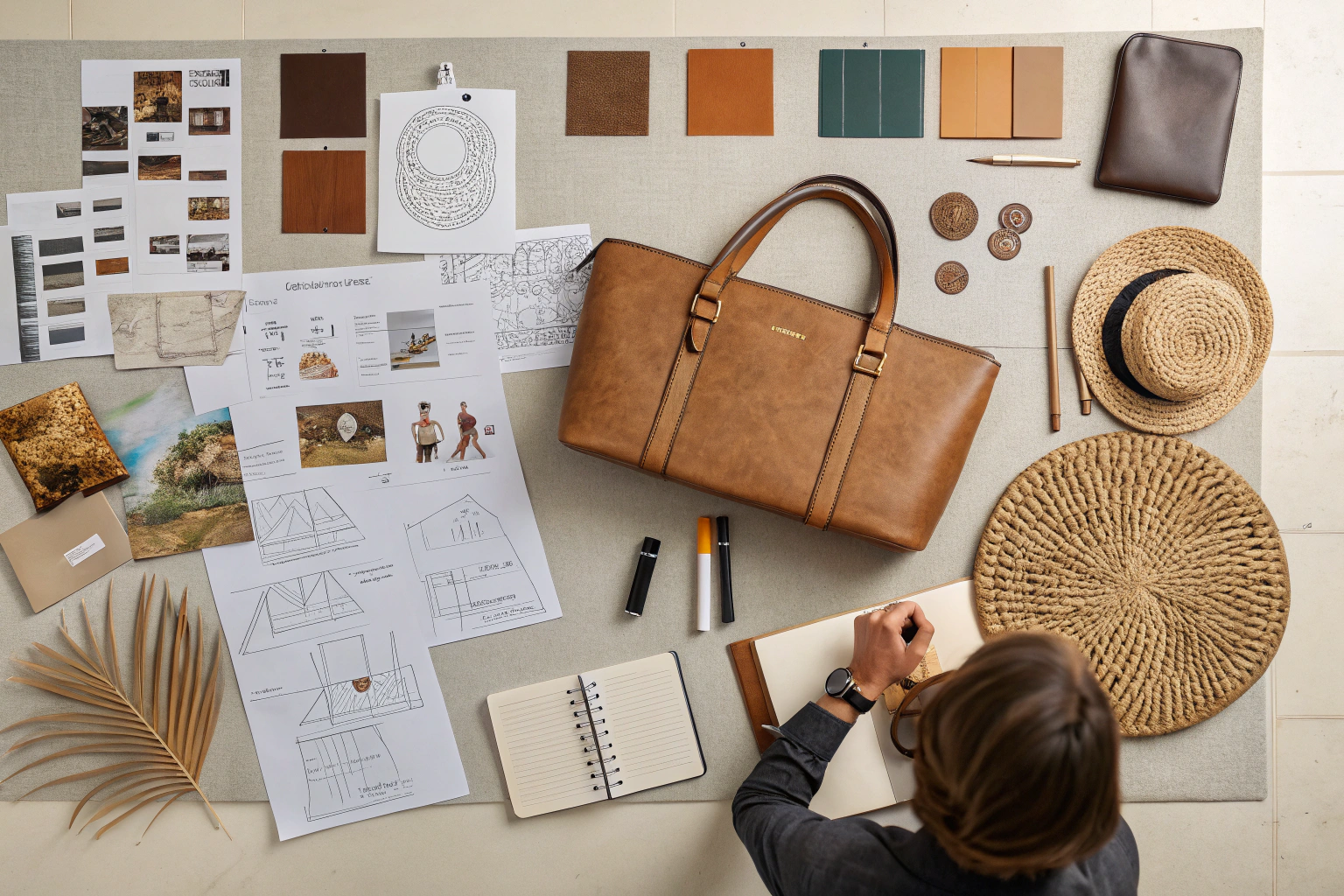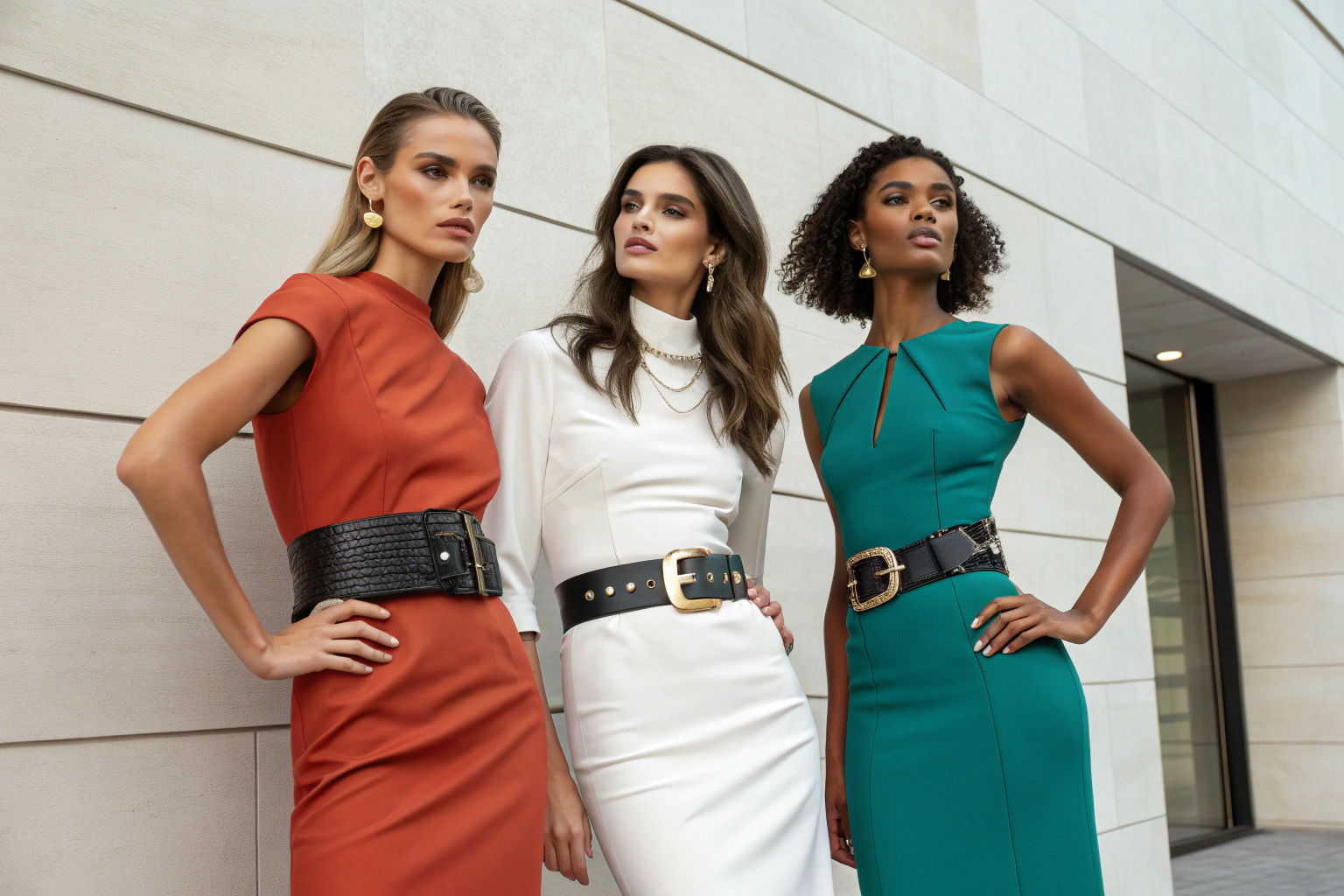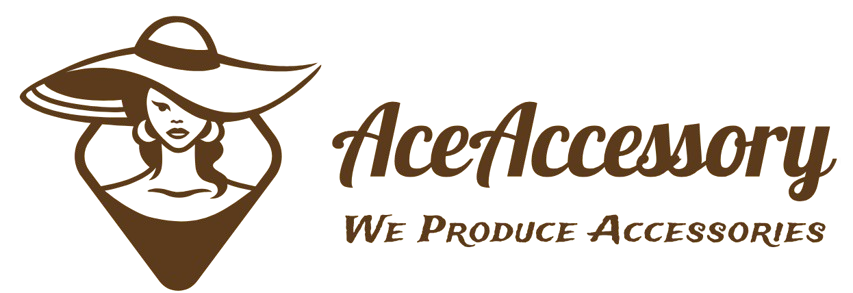When placing large accessory orders—especially across borders—uncertainty around payments can cause stress. Buyers worry about security, timing, and trust. On the other hand, sellers like us want guaranteed cash flow and risk control.
The best payment methods for large accessory orders balance buyer protection and supplier confidence—typically through a mix of T/T (wire transfers), Letters of Credit (LC), escrow, and platform-secured payments.
Getting it right protects both sides. With over a decade of experience managing bulk accessory exports, I’ve helped clients from supermarkets to boutique brands select payment terms that work for them. This article will walk you through the safest and most efficient options.
What makes a payment method safe for both sides?
Trust is hard-earned in global trade, especially for large orders.
Safe payment methods must protect both the buyer’s funds and the supplier’s production investment while ensuring legal clarity and enforceability.
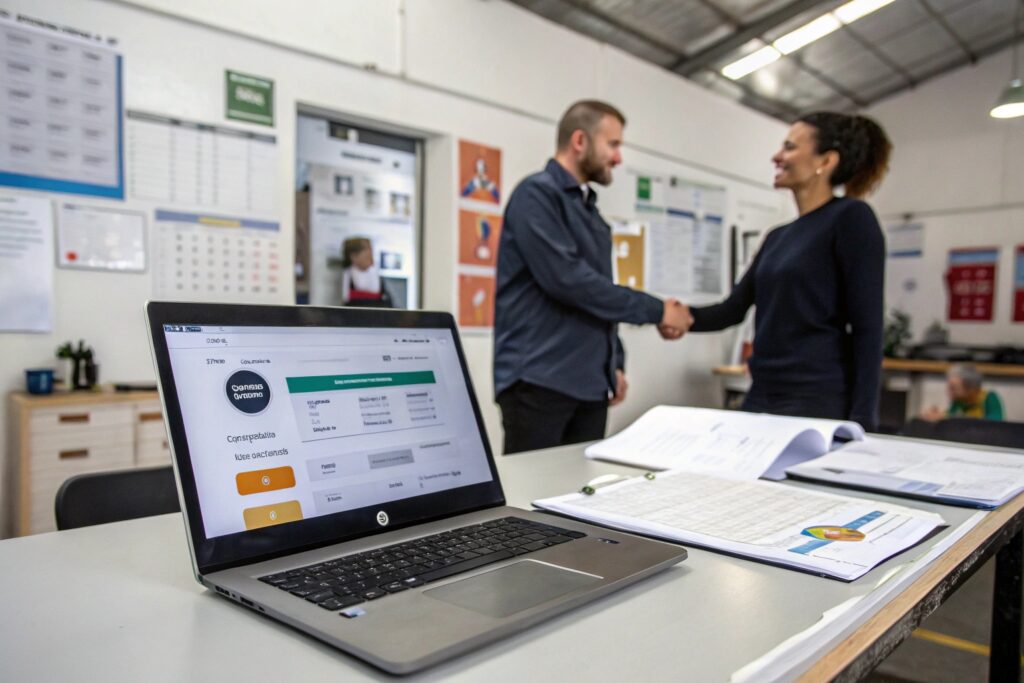
How does a Letter of Credit offer strong protection?
A Letter of Credit (LC) issued by the buyer’s bank guarantees payment once specific conditions are met. This method is ideal for high-value accessory shipments and first-time transactions.
For example, when shipping over $50,000 worth of scarves and belts to a European department store, we used LC to protect both parties. The funds were released only after we submitted the bill of lading, packing list, and inspection reports on time. However, LCs do require fees, paperwork, and processing time.
Why do many buyers prefer T/T with deposit?
T/T (Telegraphic Transfer) is one of the most common payment methods. A 30% deposit upfront and 70% balance before shipment is our usual model. It’s fast, direct, and familiar.
This method works best with long-term partners where mutual trust is established. We use bank accounts in USD, EUR, and RMB to make it easy for global buyers. The key is to always confirm banking details via video call or encrypted message before transfer, avoiding invoice fraud.
Which methods reduce risk for first-time buyers?
New buyers are naturally more cautious. They want visibility, verification, and flexibility.
Risk can be reduced by using escrow services, trade platforms, or partial payment plans until trust is built.
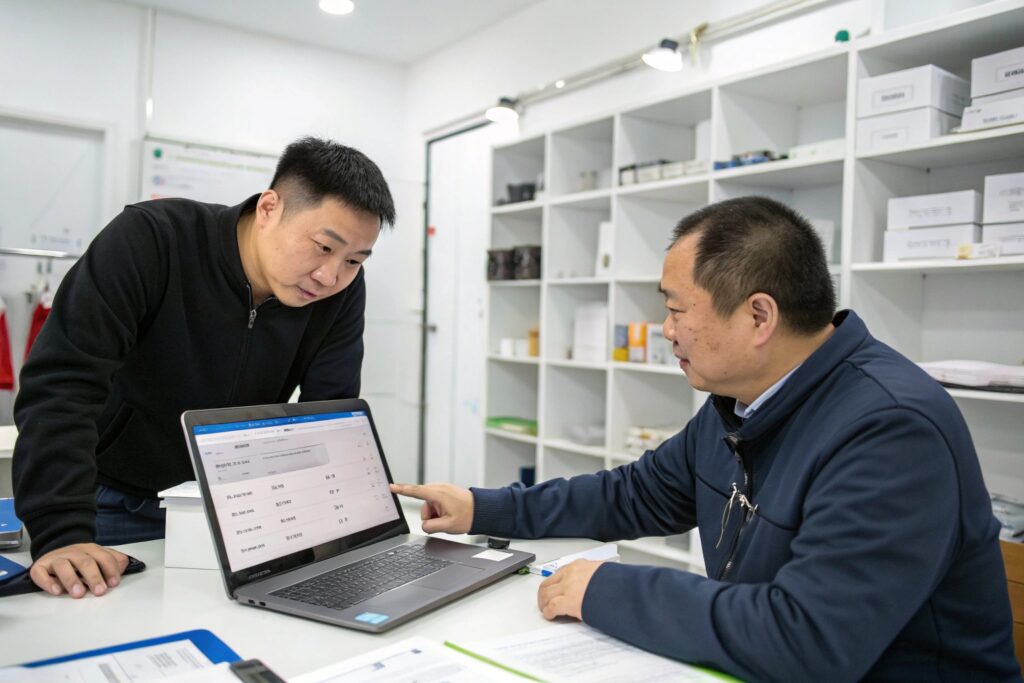
What role does Alibaba Trade Assurance play?
Alibaba’s Trade Assurance functions like escrow. Buyers pay through the platform, and the funds are held until goods are shipped and confirmed. Disputes can be opened if quality or timing fails.
This is popular for trial orders or new relationships. While we mostly use direct terms, we’ve supported new customers with Alibaba assurance when they ordered custom headbands and umbrellas under $10K. The extra fee is worth the peace of mind.
Is PayPal a good idea for large orders?
Not usually. PayPal is fast but has high fees and strict chargeback policies. It’s better for samples, not shipments over $5,000. That said, we do accept PayPal for custom samples or urgent replacements.
For large orders, wire transfer or LC remains safer and more scalable. But if a buyer insists, we’ll advise on minimizing risks—such as ensuring full written approvals before processing.
How can payment schedules support cash flow?
Large accessory orders can tie up cash for months. Smart payment schedules help both buyer and factory manage cash flow without creating stress.
Phased payments aligned with production milestones protect working capital while keeping orders moving efficiently.
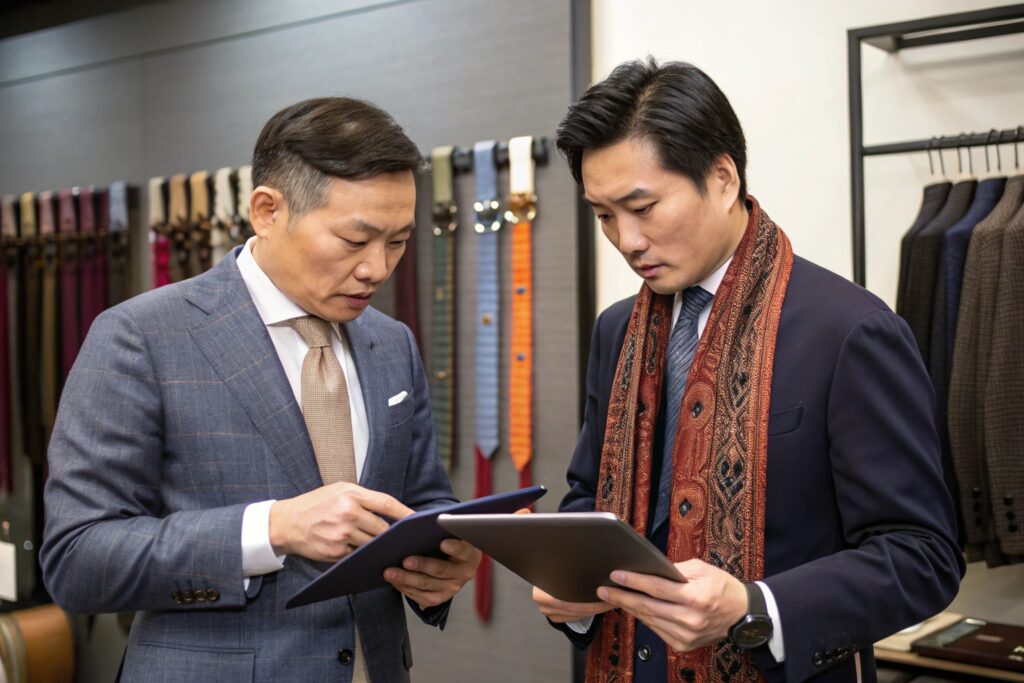
What are milestone-based payment terms?
Some buyers use 30/40/30 structures: 30% deposit, 40% after bulk production photos, and 30% after final inspection. This model gives the supplier working capital while letting the buyer confirm progress.
We use milestone-based invoicing for orders over $100K or highly customized items like embroidered shawls or branded bags. It builds confidence step by step.
Can extended payment terms be negotiated?
Yes, with long-term clients we sometimes offer Net-30 or Net-60 terms, meaning payment is due 30–60 days after shipment. This helps buyers sell before paying, easing pressure.
However, this requires credit history, signed agreements, and a solid relationship. For example, our American client Ron sources seasonal accessories from us for retail chains and gets 60-day terms because we’ve worked together for years.
What security practices should buyers follow?
Payment fraud is a real threat, especially with large transfers.
Security checks—like account verification and communication logs—are vital before any funds leave your bank.
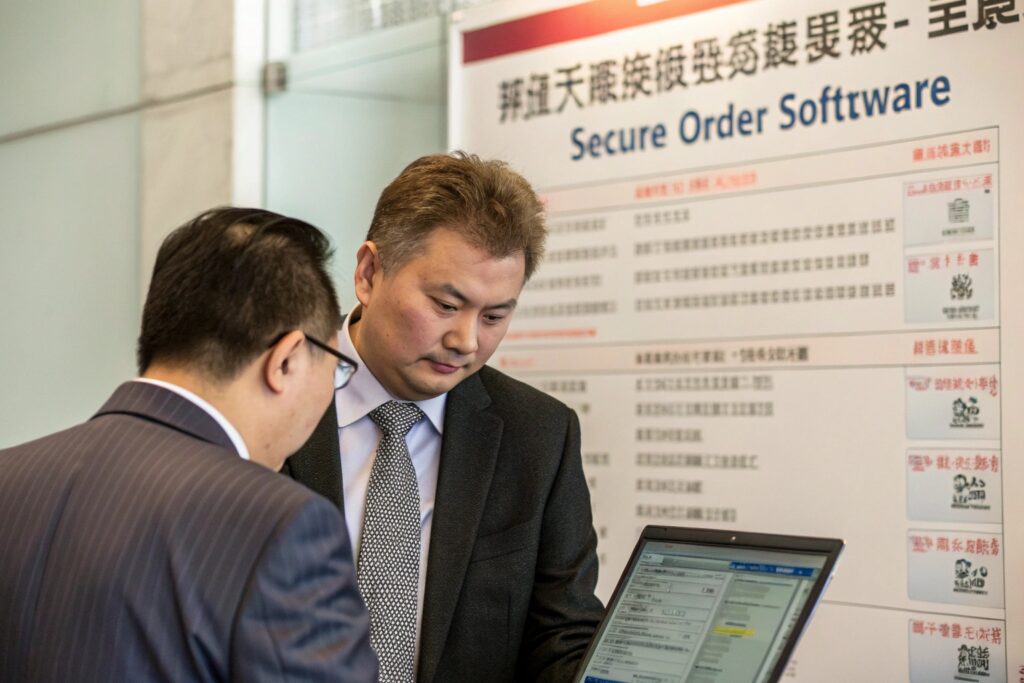
How do you avoid bank detail fraud?
Before wiring any money, buyers should verify bank details via video call or phone—not email. Many business email compromise scams look like official invoices but route funds to criminals.
We never change bank accounts mid-order and clearly display account data on our company letterhead. All our payment terms are contractually documented and signed.
What backup documents should you request?
Always ask for a signed proforma invoice, company registration copy, and production plan. For large orders, insist on a stamped contract outlining payment timelines and penalties. These documents help in case of legal disputes or customs audits.
We offer all clients—especially new ones—a digital folder with verified order documents and SOPs. It’s simple, but it builds trust.
Conclusion
There’s no one-size-fits-all answer to payment methods. For large accessory orders, the best choice depends on the relationship stage, order value, and risk tolerance.
New buyers may lean on escrow or Alibaba. Repeat clients prefer T/T with staggered payments. For big brands or complex projects, LC or phased terms make sense. Whatever the method, the key is open communication and shared trust.
At AceAccessory, we’ve helped global buyers pay smarter—while protecting their capital and ensuring timely delivery. If you’re planning your next bulk purchase, let’s talk about what terms suit your needs best.


